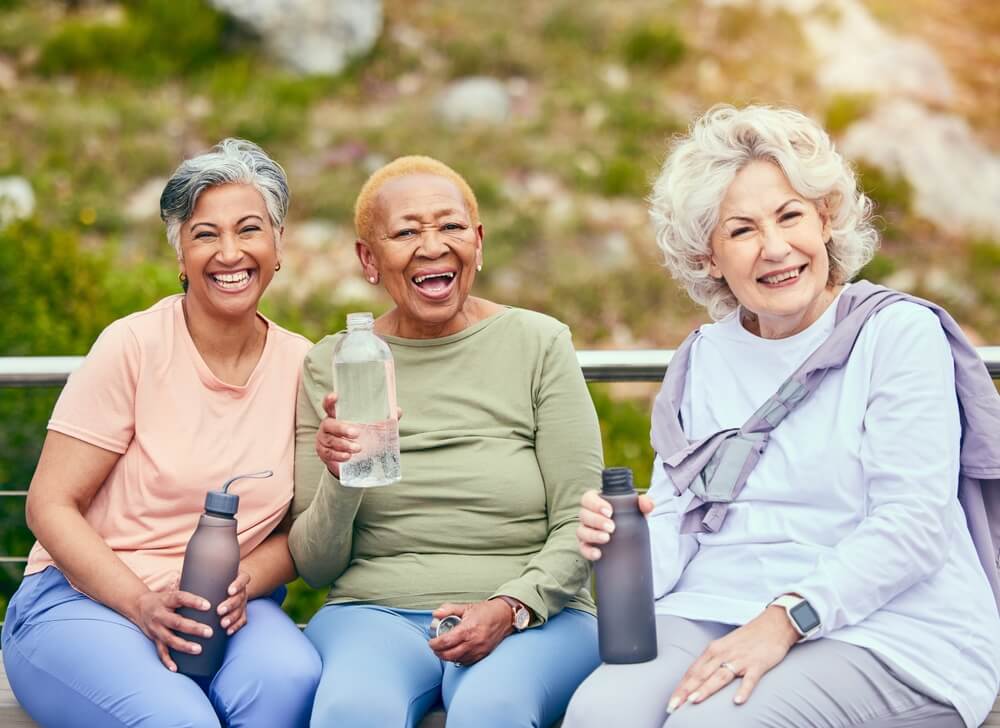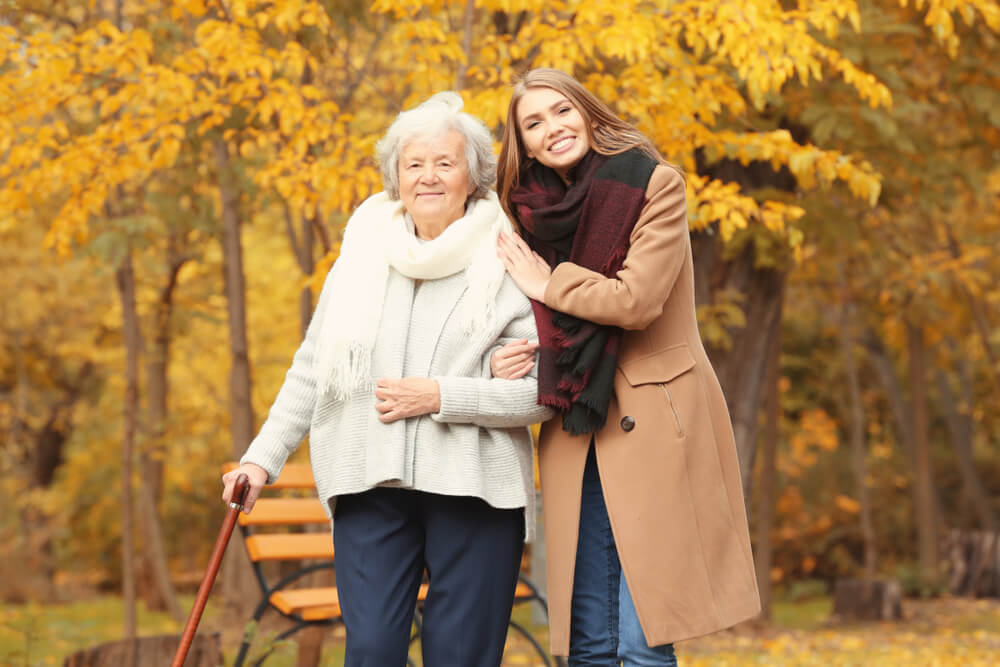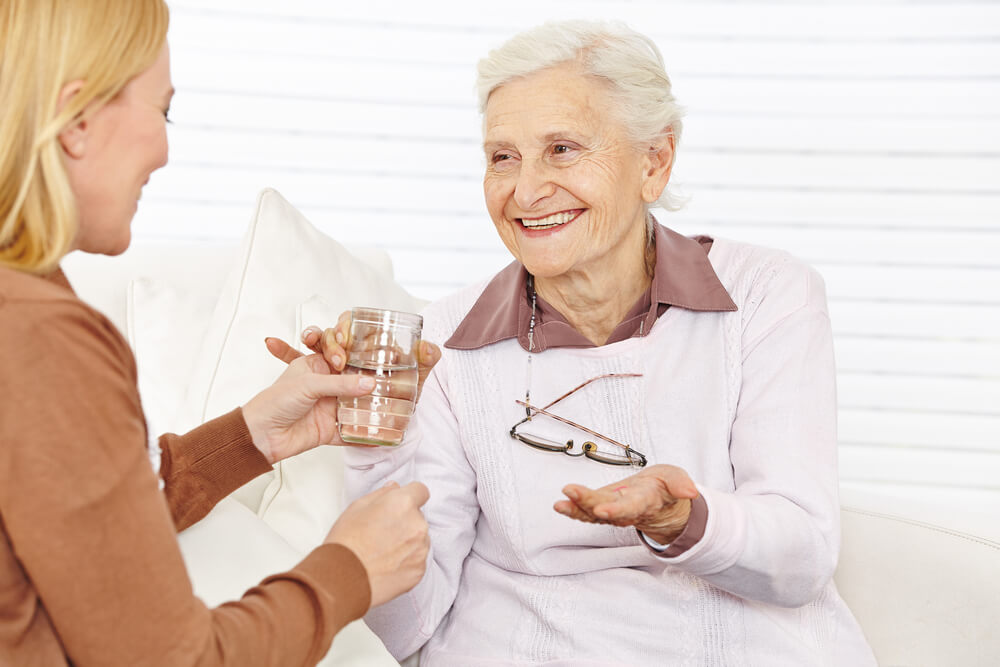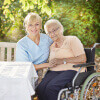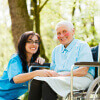The Vital Importance of Hydration in Seniors in the Heat
During the warm summer months, dehydration becomes a significant concern, especially for the elderly who may have diminished capacity to conserve water. It is crucial to ensure that seniors are adequately hydrated to support their health and prevent heat-related ailments. This guide will cover the essential aspects of hydration in seniors during summer and provide practical tips for keeping them hydrated.
- Challenges posed by the heat: Intense summer temperatures can escalate the risk of dehydration and associated health issues like heat exhaustion.
- Hydration issues with aging: Elderly individuals may not notice signs of dehydration due to decreased natural water retention and less acute thirst mechanisms.
Understanding the Risks of Dehydration in Seniors
Dehydration Hazards for the Elderly
Dehydration in the elderly can exacerbate underlying health issues such as cognitive decline and renal impairment. It’s critical to understand how age-related changes can elevate the risk of dehydration and to adopt strategies for its prevention.
- Decreased renal efficiency: Older adults often face challenges with kidney function that can increase their risk of dehydration.
- Impact of chronic conditions: Certain chronic diseases and medications can make dehydration more likely in the elderly.
Early Detection of Dehydration Symptoms
Prompt detection of dehydration is essential to prevent severe health complications in elderly populations. Caregivers should be adept at recognizing both common and subtle signs of fluid loss to ensure timely intervention.
- Visible dehydration signs: Persistent symptoms such as dry mouth, fatigue, mood changes, or decreased elasticity of the skin should prompt immediate rehydration efforts.
- Less obvious signs: Subtle indicators, such as unexpected confusion or reduced urine output, are crucial signs of dehydration that require immediate attention.
Benefits of Proper Hydration
Adequate hydration is crucial for maintaining several aspects of health in elderly individuals. Here are some reasons why it’s important:
- Kidney function: Regular fluid intake is essential for preventing kidney issues like stones and promoting overall kidney health.
- Heart health: Adequate hydration helps the heart pump blood more easily, supporting cardiovascular health.
- Digestive system: Proper fluid levels help maintain regular bowel movements and digestive health.
- Mental acuity: Sufficient hydration is key to preventing mental confusion and supporting overall cognitive functions.
- Energy maintenance: Staying hydrated helps seniors maintain their energy levels and continue daily activities.
- Skin condition: Hydrated skin is less prone to tearing and heals better, which is crucial for elderly skin.
- Regulating body temperature: Proper hydration helps keep body temperature stable, especially in extreme weather conditions.
Hydration Tips for Elderly Individuals
Necessary Fluid Intake
The fluid needs of elderly individuals can vary depending on factors like health status, the environment, and activity levels. It’s important to customize hydration plans to accommodate personal health conditions and environmental temperatures.
- Adapting hydration needs: Modify fluid intake based on personal health needs and environmental factors.
- Fluid variety: Promote hydration by introducing a variety of fluids such as herbal teas, fruit-infused water, and nutritious broths.
Methods to Enhance Fluid Consumption
Encouraging seniors to consume enough fluids can be a challenge. Implementing strategies to make fluid intake regular and enjoyable can help prevent dehydration.
- Flavor enhancement: Adding natural flavors to water or offering tasty herbal teas can make hydration more enjoyable.
- Routine development: Promoting the habit of drinking small amounts frequently throughout the day can help seniors maintain proper hydration levels.
Supporting Hydration in Seniors as Caregivers
Caregivers have a crucial role in ensuring that elderly individuals consume adequate fluids, particularly during the hotter months. Here are some ways caregivers can support effective hydration:
- Consistent monitoring: Regularly observe for dehydration symptoms and ensure that fluid intake is sufficient.
- Accessibility of drinks: Always provide easy access to a variety of appealing and refreshing beverages to encourage regular fluid intake.
Reach out to us at 480-360-3500 for a free consultation to share the challenges you’re facing, and to learn how our personalized home care services can help you.
Home Matters Caregiving proudly serves the valley-wide Phoenix area providing care for seniors wherever they call home.
